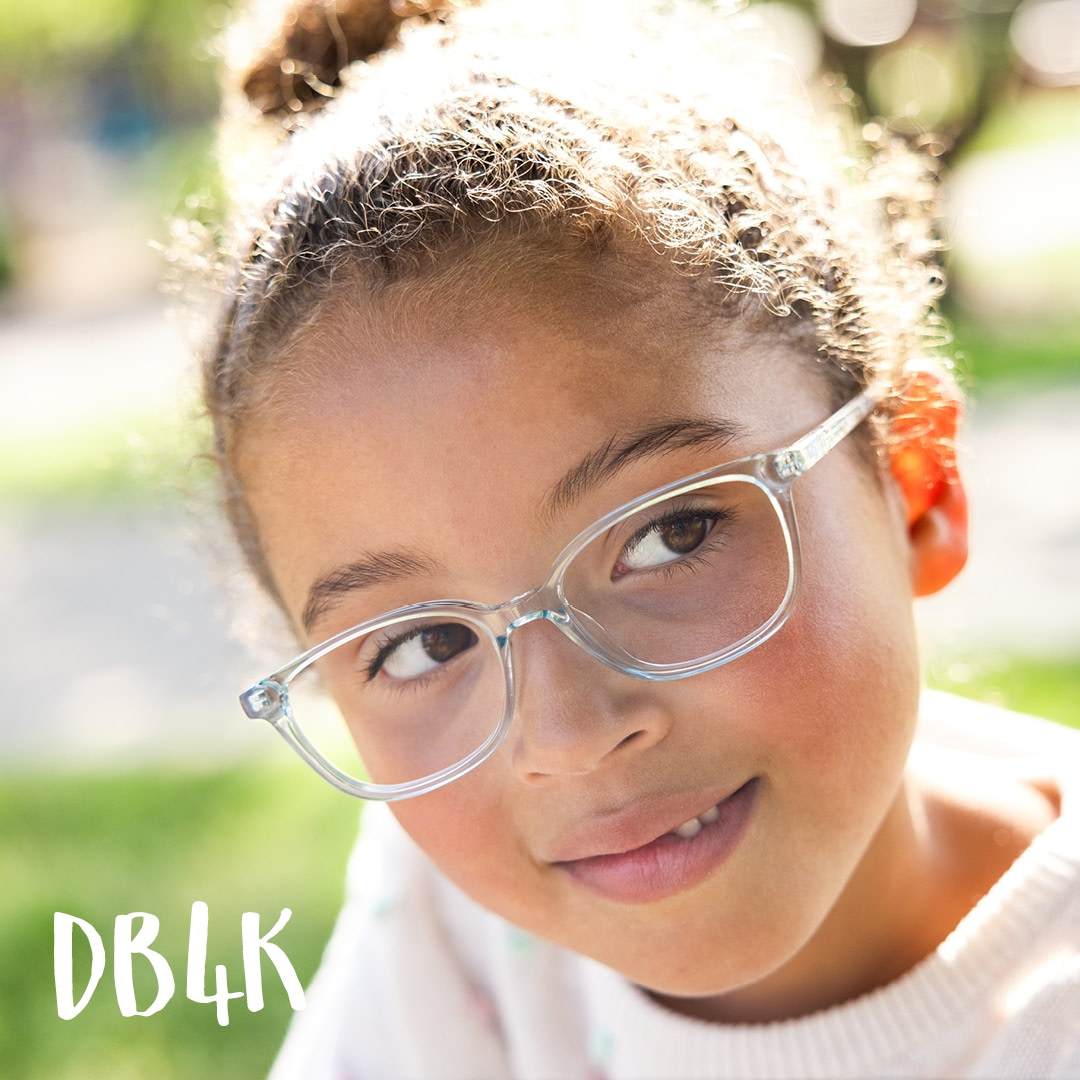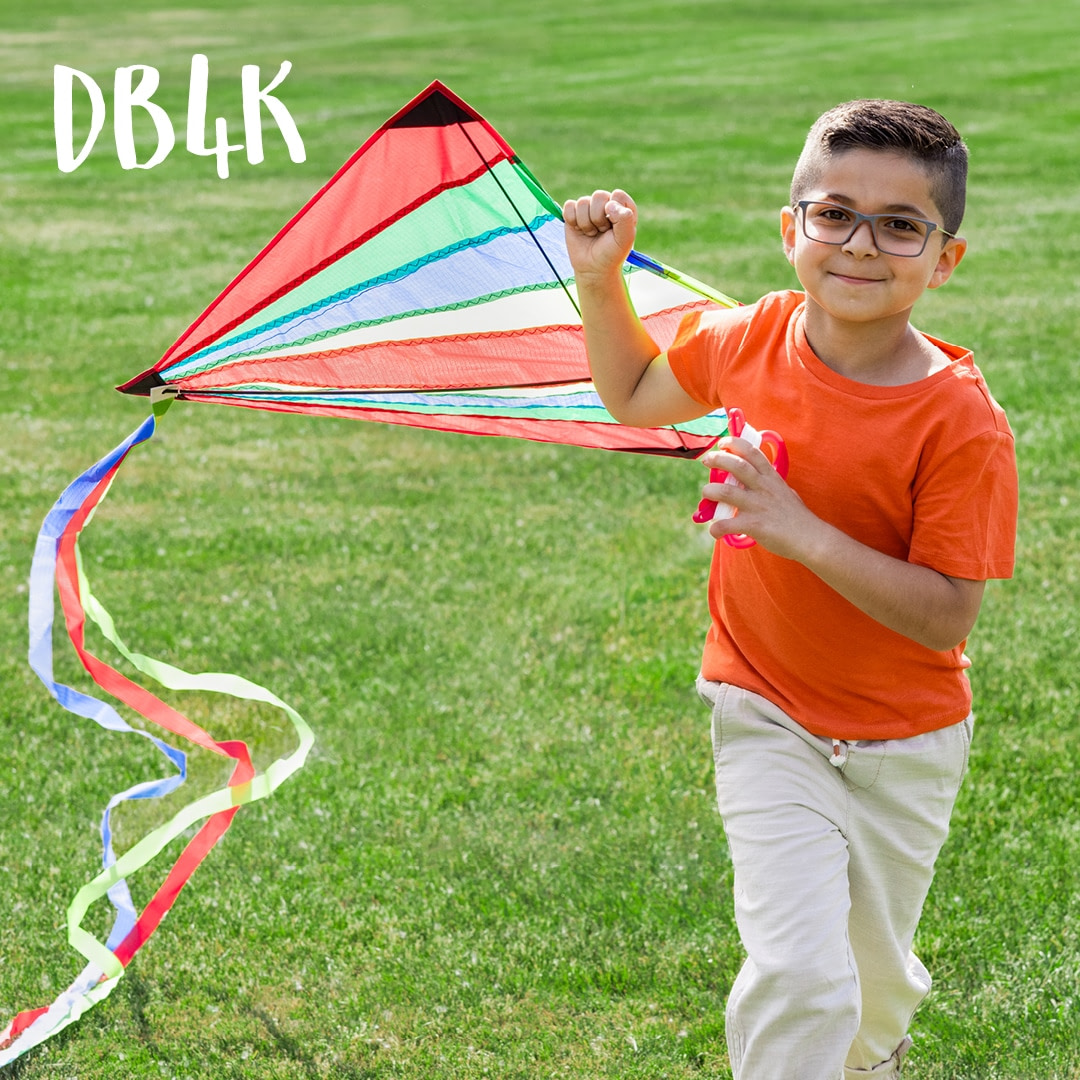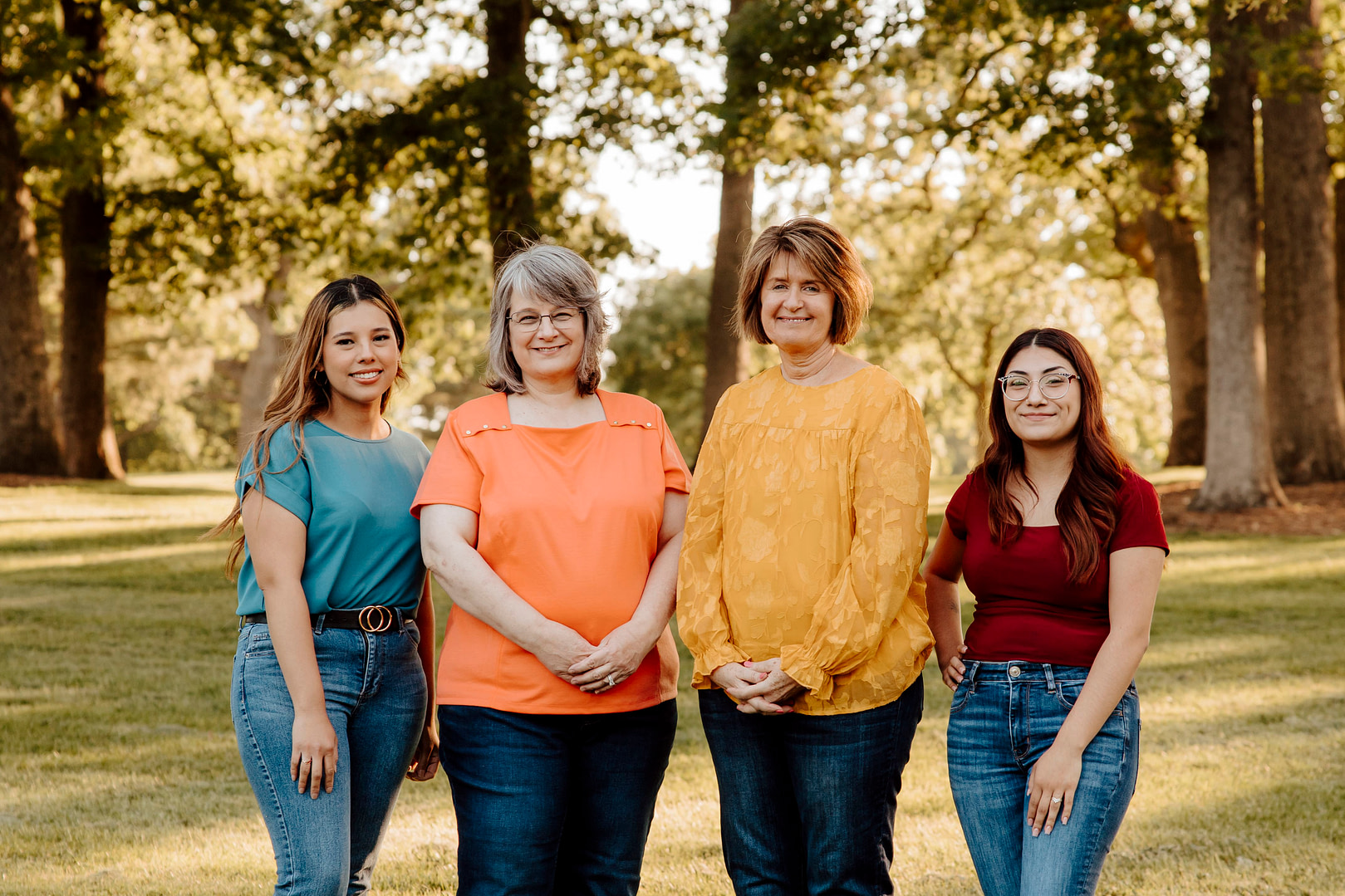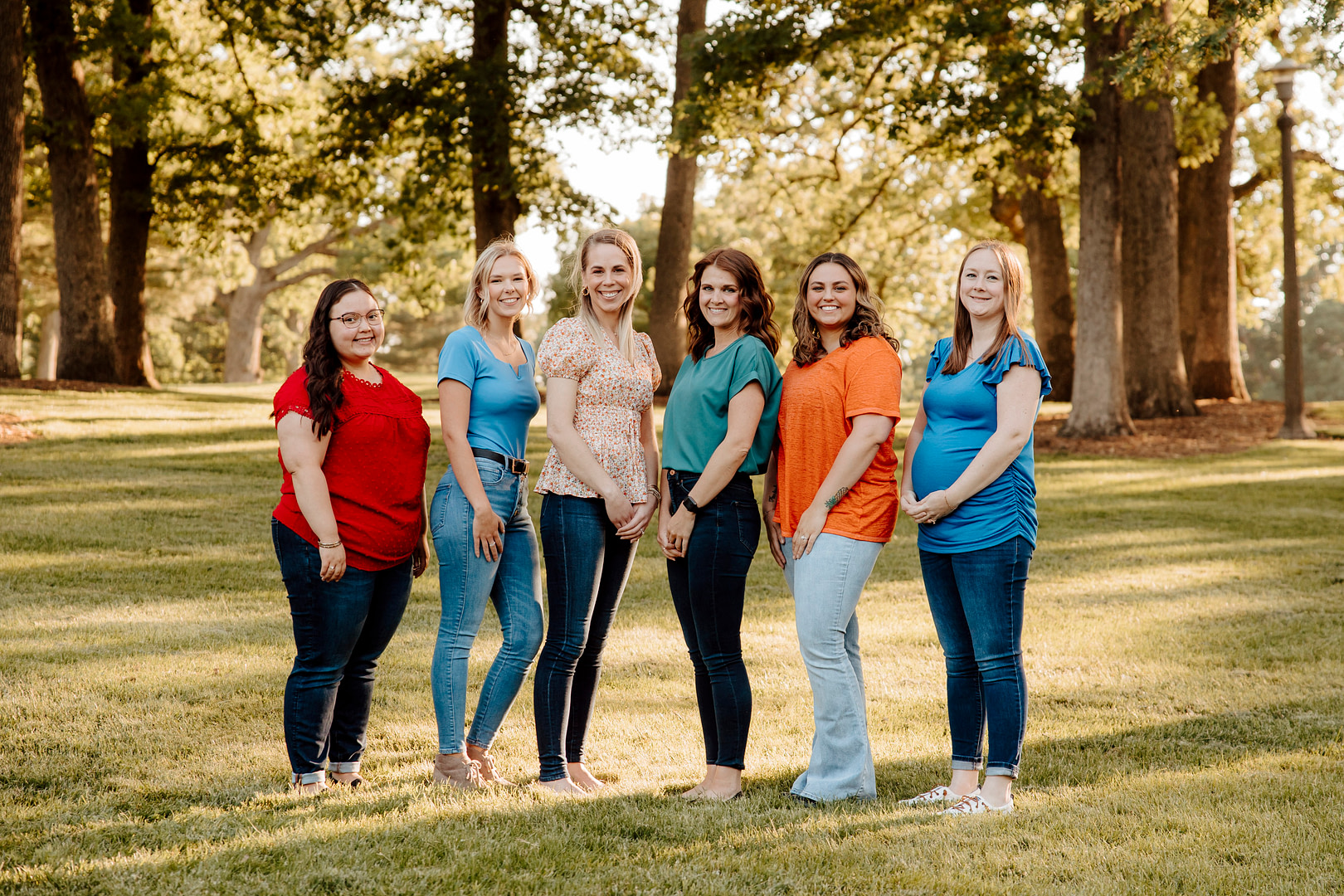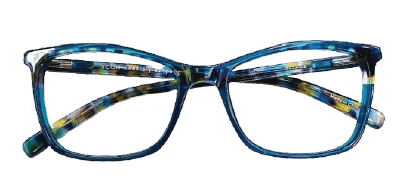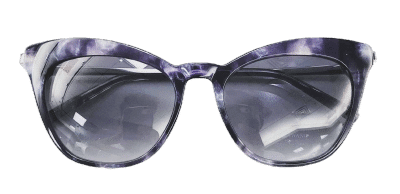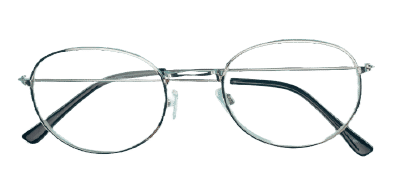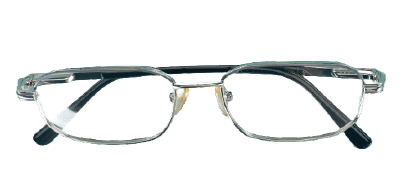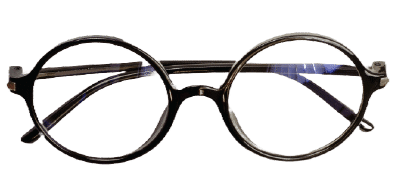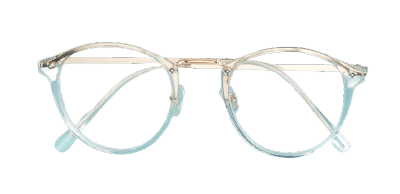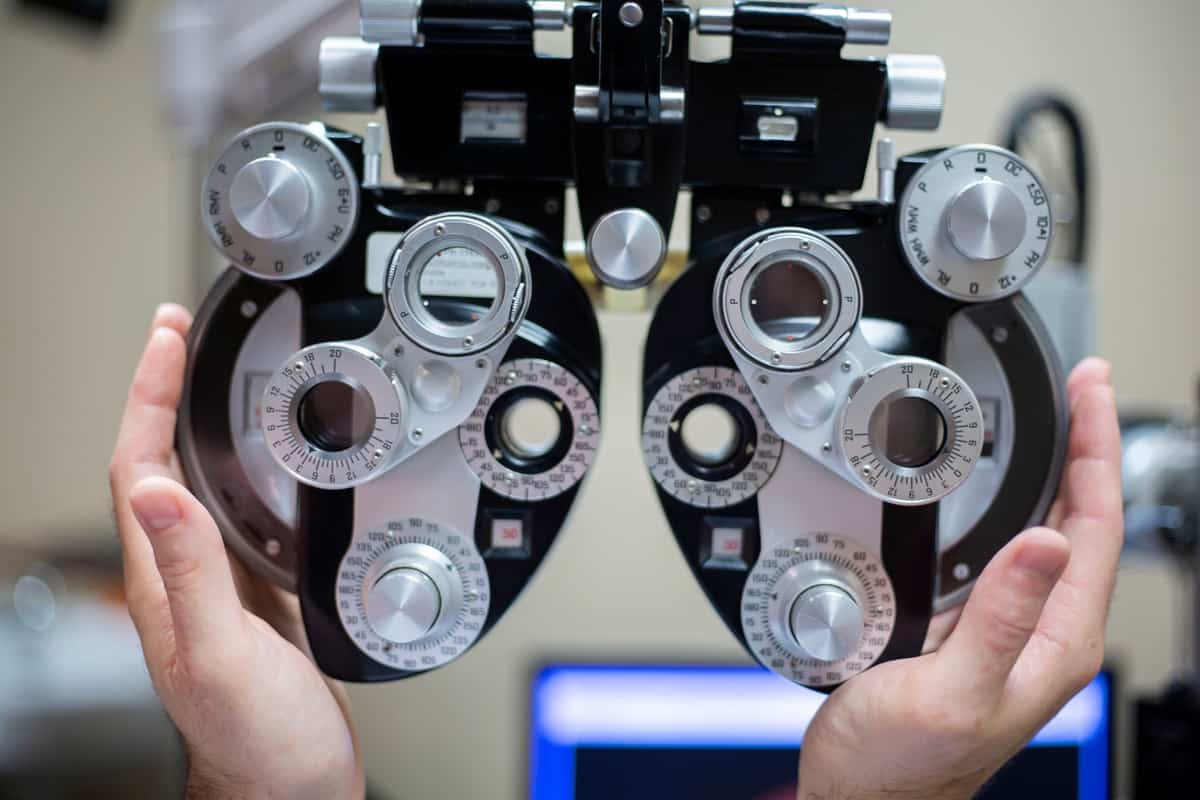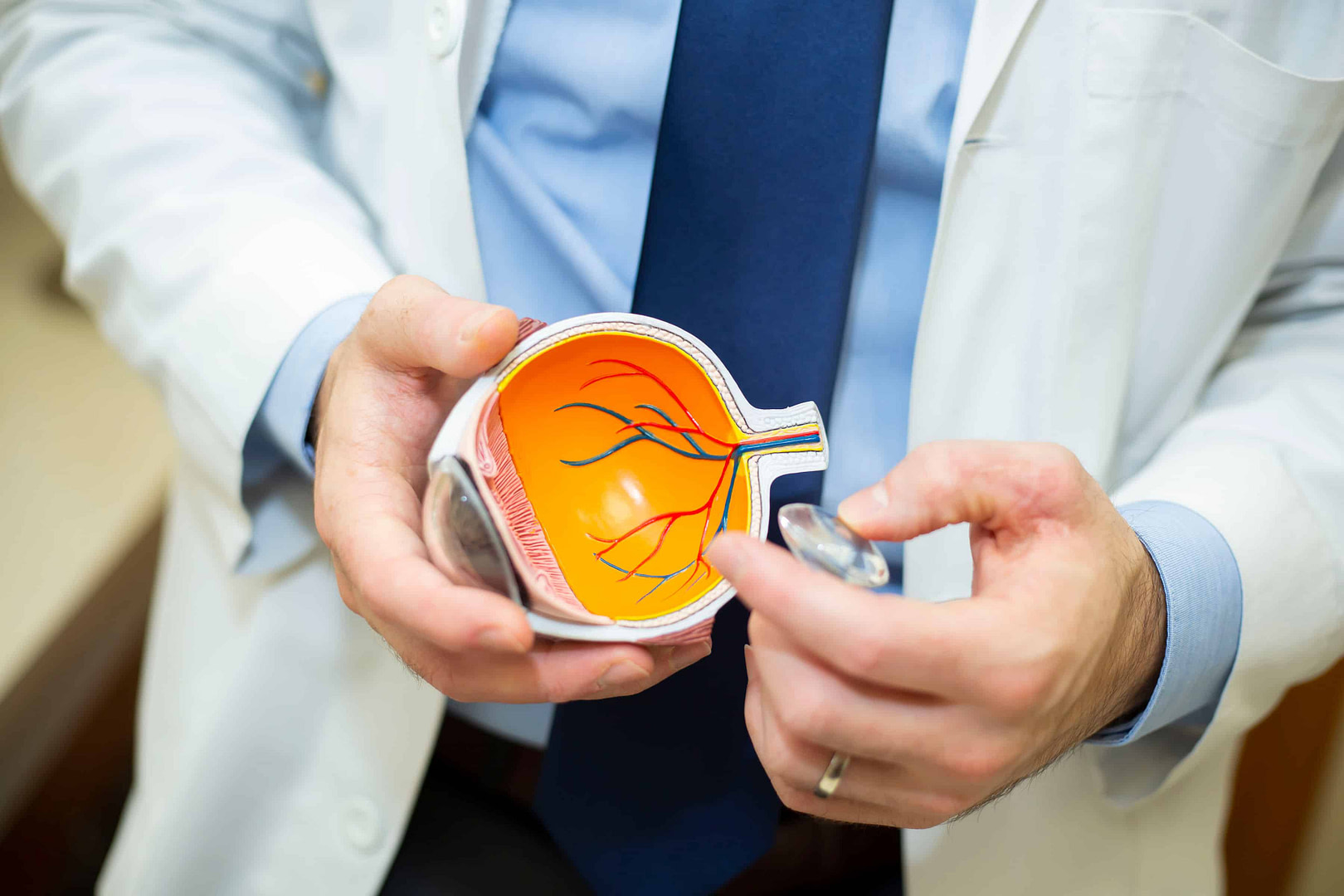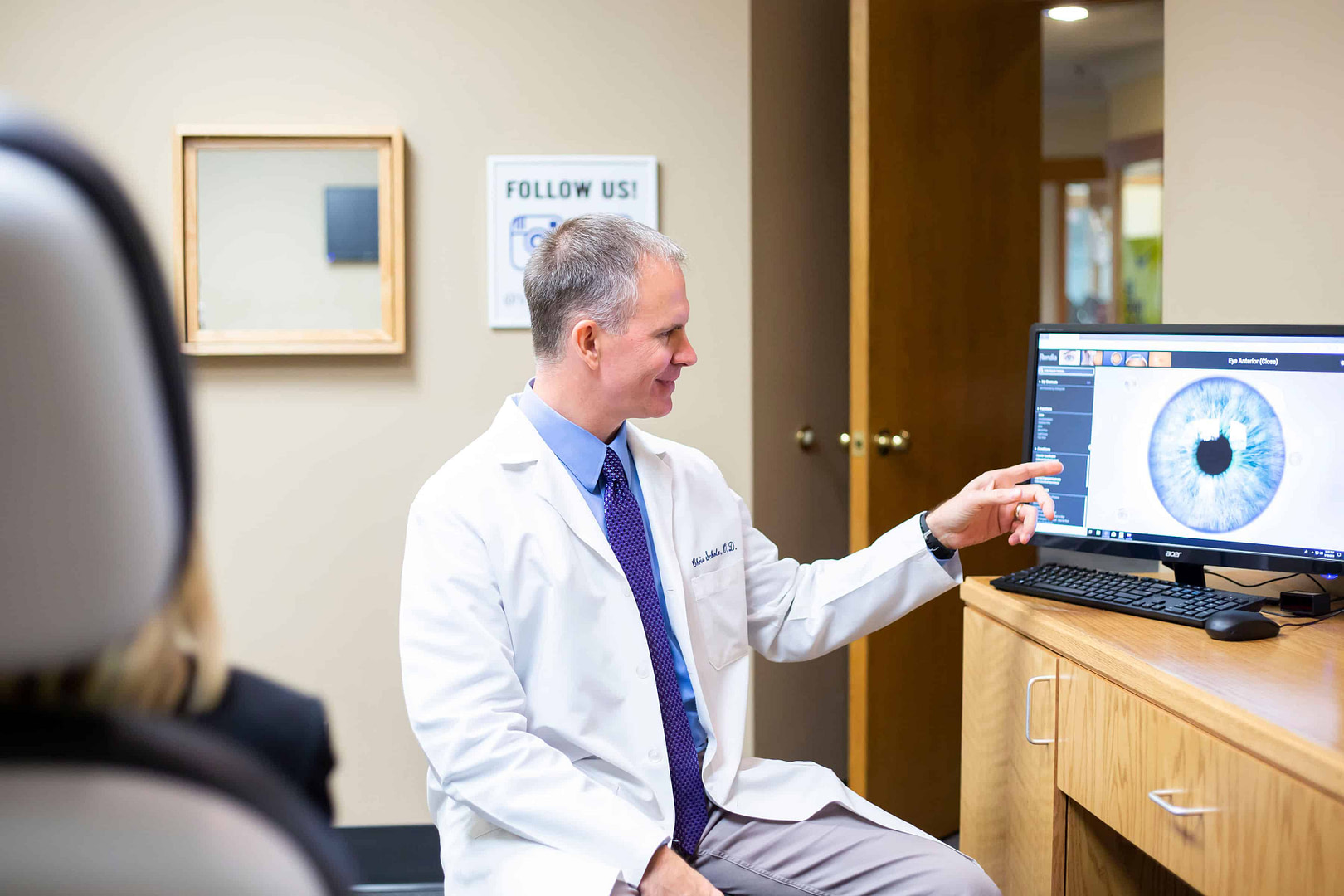Quality Pediatric Eye Care
Ensuring your child's vision is healthy and crucial for their overall development and success in school and life. At Vision Center P.C., we specialize in pediatric eye care, offering comprehensive eye exams and treatments tailored to the unique needs of children. Our goal is to detect and address any vision issues early to support your child's visual development.
Schedule an appointment with Vision Center P.C. today for a comprehensive pediatric eye exam. Our experienced team is dedicated to providing the best care for your child's eyes. Call us at (563) 263-2020 to book your appointment today.
What Is Pediatric Eye Care?
Pediatric eye care involves the examination, diagnosis, and treatment of eye conditions in children. This specialty ensures that children's vision problems are detected and treated early, preventing long-term vision impairment and promoting healthy visual development.
Common Issues
Pediatric eye care addresses issues such as refractive errors, amblyopia (lazy eye), strabismus (crossed eyes), and congenital eye conditions.
Importance of Early Detection
Early detection and treatment of eye problems in children can prevent permanent vision loss and support optimal visual development.
Regular Check-Ups
It is recommended that children have their first eye exam at 6 months, another at 3 years, and then annually starting at school age.
Pediatric Eye Care Frequently Asked Questions
Optometric Association recommends that children have their first comprehensive eye exam at 6 months of age, another at 3 years, and then annually starting at school age.
Signs include squinting, sitting too close to the TV, holding objects close to their face, frequent eye rubbing, and difficulty focusing or following objects with their eyes.
Dedicated to creating a comfortable environment for your child.
We know that pediatric eyecare appointments can be scary to some kids. We work hard to make sure that everyone is comfortable and enjoys their appointment.
Troubleshooting Steps
If you notice any signs of vision problems in your child, schedule an eye exam immediately. Common signs include squinting, frequent eye rubbing, tilting their head to see better, and complaints of headaches or eye strain.
Payment & Financing Options
- Insurance Coverage: we accept most major insurance plans for pediatric eye care. Contact us to verify your coverage.
- Flexible Payment Plans: we offer flexible payment plans to manage the cost of eye exams and treatments. Speak with our financial counselor to set up a plan that fits your budget.
- CareCredit: we partner with CareCredit to provide financing options with low monthly payments. Apply online or at our office.
Scheduling & Availability
- Phone Scheduling: Call our office at (563) 263-2020 to speak with our scheduling coordinator.
- Walk-In Appointments: we accept walk-in appointments for urgent cases. Visit us during business hours for immediate attention.
Vision Center information
Muscatine Location
Tipton Location
Business Phone Number
(563) 263-202024/7 Emergency Care
(563) 263-2020Industry Trends in Pediatric Eye Care
Advancements in Screening
New technologies such as digital retinal imaging and portable vision screening devices have improved the accuracy and ease of pediatric eye exams.
Myopia Control
Emergency treatments and strategies, such as orthokeratology (Ortho-K) and atropine eye drops, are being developed to slow the progression of myopia in children.
Vision Therapy
Customized vision therapy programs are becoming more widely recognized as effective treatments for conditions like amblyopia and strabismus.
Service Spotlight
At Vision Center P.C., we provide a comprehensive range of pediatric eye care services:
- Comprehensive Eye Exams: Thorough examinations to assess visual acuity, eye alignment, and overall eye health.
- Amblyopia (Lazy Eye) Treatment: Strategies such as patching, atropine drops, and vision therapy to strengthen the weaker eye.
- Strabismus (Crossed Eyes) Treatment: treatment options including glasses, prisms, vision therapy, and surgery to correct eye alignment.
- Myopia Management: techniques to slow the progression of nearsightedness, including specialized contact lenses and eye drops.
- Prescription Glasses and Contact Lenses: wide selection of frames and lenses designed specifically for children.
Let Us Help Support Your Eye Health
Pediatric eye care is essential for your child's visual development and overall well-being. At Vision Center P.C., we are committed to providing the highest quality care to ensure your child's eyes are healthy. Schedule an appointment with us today to give your child the gift of clear vision.
Key Benefits
Early Detection
Identifying and treating vision problems early can prevent long-term issues.
Comprehensive Care
From routine exams to specialized treatments, we offer complete eye care for children.
Child-Friendly Environment
Our team is experienced in working with children and making their visits comfortable and enjoyable.
Vision Center F.C. Frequently Asked Questions
Common eye problems in children include refractive errors (nearsightedness, farsightedness, astigmatism), amblyopia (lazy eye), strabismus (crossed eyes), and congenital conditions like congenital cataracts or glaucoma.
Explain to your child what to expect during the eye exam in a positive and reassuring manner. Let them know that it's a simple process that helps keep their eyes healthy. You can also bring their favorite toy or book to keep them relaxed and occupied.
Treatments for amblyopia include patching the stronger eye to force the weaker eye to work harder, atropine eye drops to blur vision in the stronger eye. and vision therapy exercises to improve visual skills and eye coordination.
Children should have their first eye exam at 6 months of age, another at 3 years, and then annually starting at school age. If there are any concerns or risk factors, more frequent exams may be necessary.
Preventive measures for childhood myopia include encouraging outdoor activities, reducing time spent on near work (like reading and screen use), and considering treatments like orthokeratology (Ortho-K) lenses or low-dose atropine eye drops.

